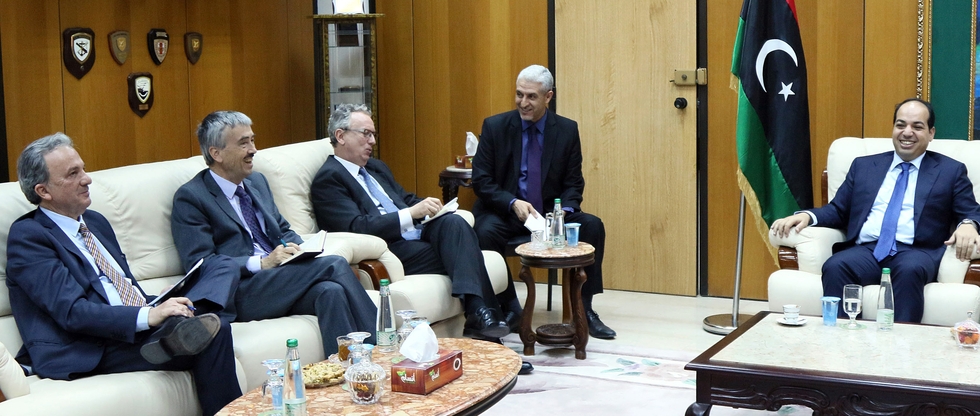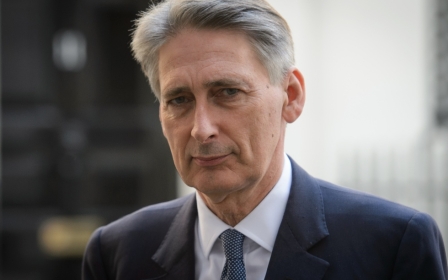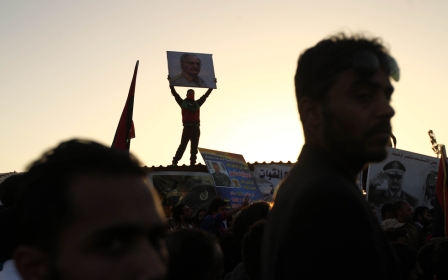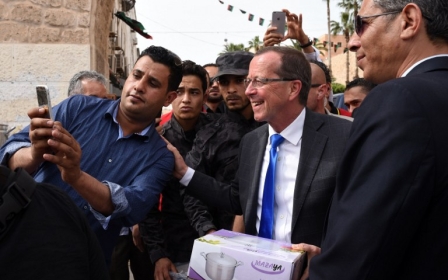European ambassadors visit Libya for first time since 2014

Ambassadors from Britain, France and Spain have visited the Libyan capital for the first time since 2014 to support the unity government's efforts to end years of chaos caused by infighting between rebel groups vying for control.
Peter Millet, the British envoy, and French and Spanish counterparts Antoine Silvan and Jose Antonio Bordallo held talks at the Tripoli naval base where the UN-backed Libyan government of national accord has based itself since arriving in the country earlier this month.
The talks marked the first meeting of its kind since states from the European Union closed their embassies back in 2014 due to safety concerns caused by the unrest.
"Meeting GNA members to reaffirm strong UK commitment to support their efforts to restore peace," Millet said on Twitter.
Many within the international community see the unity government in Libya as vital towards efforts in tackling people smuggling from the North African state and addressing unrest in the country.
Libya has been identified as a key transit point for refugees attempting to enter Europe from Syria and parts of Africa.
Fayez al-Sarraj, the head of the unity cabinet, arrived in Tripoli by sea with a naval escort two weeks ago and has since won the support of key institutions that control Libya's wealth.
Italy's Foreign Minister Paolo Gentiloni also visited Libya on Tuesday and said that embassies would be reopened in the capital in "the near future".
European nations in particular have been alarmed by the increased presence of the Islamic State (IS) group in Libya, just 300 kilometres (185 miles) away from Italy across the Mediterranean.
The oil-rich country has had two rival administrations since mid-2014 when a militia alliance overran Tripoli, setting up its own authority and forcing the recognised parliament to flee to the remote east.
Sarraj has not yet received the endorsement of the country's internationally recognised parliament, and the head of a rival Tripoli-based administration has refused to recognise his authority.
According to AFP, Libya's internationally recognised parliament will hold a confidence vote on Monday to ratify the country's new UN-backed unity government.
Parliamentarian Ali Tekbali also told AFP that MPs summoned for the 18 April vote would be given guarantees on their security.
New MEE newsletter: Jerusalem Dispatch
Sign up to get the latest insights and analysis on Israel-Palestine, alongside Turkey Unpacked and other MEE newsletters
Middle East Eye delivers independent and unrivalled coverage and analysis of the Middle East, North Africa and beyond. To learn more about republishing this content and the associated fees, please fill out this form. More about MEE can be found here.




